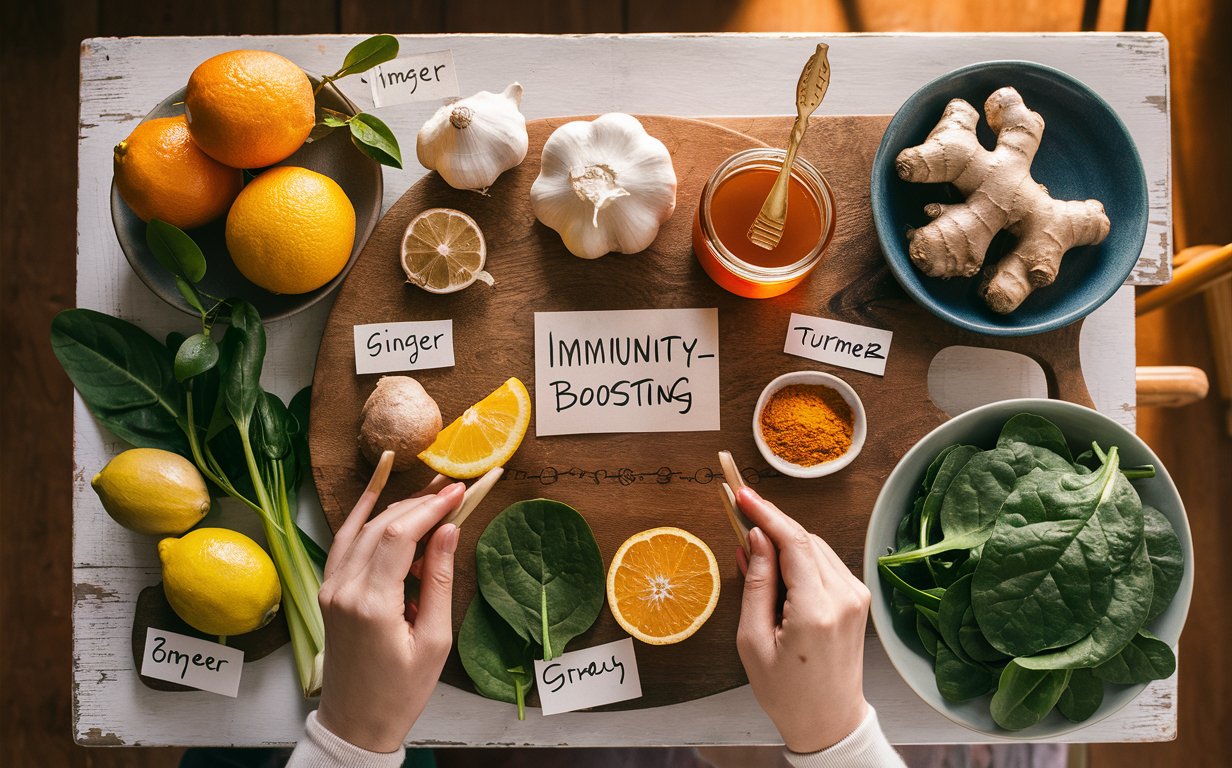10 Daily Habits to Boost Your Mental Health
Introduction
In our rapidly moving world, where the demands of life often overshadow our well-being, prioritizing mental health has become more crucial than ever. Mental health is the cornerstone of overall wellness, influencing our thoughts, emotions, and behaviors. It affects our ability to cope with stress, maintain relationships, and perform effectively at work. Fortunately, incorporating small, consistent daily habits can significantly enhance mental well-being. By making intentional choices, we can foster a healthier mindset and improve our emotional health.
Start Your Day with Mindfulness
Begin each day by dedicating 5-10 minutes to mindfulness or meditation. This practice helps you ground yourself, setting a calm and positive tone for the day ahead. Mindfulness involves paying attention to the present moment, whether it’s focusing on your breath, the sounds around you, or your bodily sensations. For beginners, guided meditations through apps can be a great way to ease into this practice. By incorporating mindfulness into your morning routine, you cultivate a centered and composed state of mind, better equipped to handle daily challenges.

Regular Physical Activity
Engaging in regular physical activity is a powerful way to combat stress and anxiety. Exercise triggers the release of endorphins, which are natural mood enhancers that reduce feelings of stress and depression. Incorporate at least 30 minutes of physical activity into your day, whether it’s a brisk walk, yoga, or a workout. Not only does this routine uplift your mood, but it also improves your physical health, creating a positive feedback loop for your mental well-being.
Eat a Balanced Diet
What you eat has a direct impact on your mental health. A balanced diet rich in vitamins, minerals, and omega-3 fatty acids can enhance your mood and cognitive function. Foods such as leafy greens, nuts, berries, and fish are especially beneficial for mental well-being. By fueling your body with nutritious, balanced meals, you strengthen your resilience against stress and support your overall mental health.
Stay Hydrated
Hydration is key to maintaining optimal cognitive function and regulating your mood. Dehydration can lead to fatigue, irritability, and difficulty concentrating, all of which can exacerbate stress. Make it a habit to drink at least eight glasses of water daily. Carrying a reusable water bottle with you throughout the day can serve as a reminder to stay hydrated, which in turn supports better mental health.

Practice Gratitude
Practicing gratitude can dramatically shift your mental outlook from negativity to appreciation. By taking time each day to reflect on the things you’re thankful for, you can cultivate a more positive mindset. Consider keeping a gratitude journal where you jot down three things you’re grateful for every day. This simple practice can have profound effects on your emotional well-being, helping you focus on the good in your life.
Prioritize Sleep
Quality sleep is essential for mental health. Lack of sleep can lead to increased anxiety, depression, and irritability. To ensure restful sleep, create a sleep-friendly environment by dimming lights, avoiding electronic devices before bedtime, and establishing a calming bedtime routine, such as reading or doing gentle stretches. Prioritizing sleep helps clear your mind and stabilize your emotions, setting you up for a successful day.
Connect with Others
Social connections play a vital role in maintaining mental health. Regular communication with friends and family provides support and a sense of belonging, which are crucial for emotional well-being. Whether through phone calls, texts, or face-to-face interactions, making time for socializing can help you feel more connected and supported, enhancing your overall mental health.
Limit Screen Time
Excessive screen time can negatively impact mental health by contributing to stress, anxiety, and disrupted sleep. To mitigate these effects, set boundaries for screen use, such as taking regular breaks during the day and avoiding screens before bed. By managing your screen time, you can improve mental clarity and develop a healthier relationship with technology.
Engage in Hobbies
Participating in hobbies and activities you enjoy can significantly boost your mood and mental health. Whether it’s reading, crafting, playing an instrument, or cooking, dedicating time to your passions provides a joyful escape from life’s pressures. Engaging in hobbies fosters creativity and helps you unwind, leading to a more balanced and fulfilled life.
Practice Self-Compassion
In today’s demanding world, being kind to yourself is crucial. Instead of succumbing to negative self-talk, practice self-compassion by treating yourself with the same kindness you would offer a friend. Use positive affirmations to reinforce your self-worth, and let go of perfectionism by forgiving yourself for mistakes. Embracing self-compassion nurtures a resilient mental state and helps you navigate challenges with greater ease.

Conclusion
By gradually incorporating these ten daily habits into your routine, you can make meaningful strides in improving your mental health. Remember, small, consistent changes lead to significant improvements over time. Take the first step today to invest in your well-being and create a healthier, more balanced life.
Call to Action
We’d love to hear your thoughts! Share your own mental health tips in the comments or connect with us on social media. For more insightful content on mental health, explore our website and continue your journey toward wellness.





yes